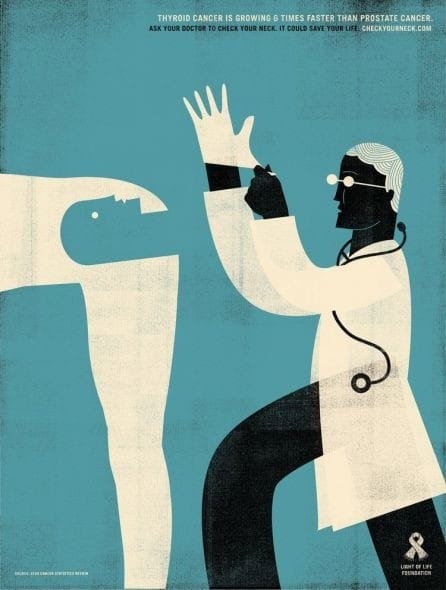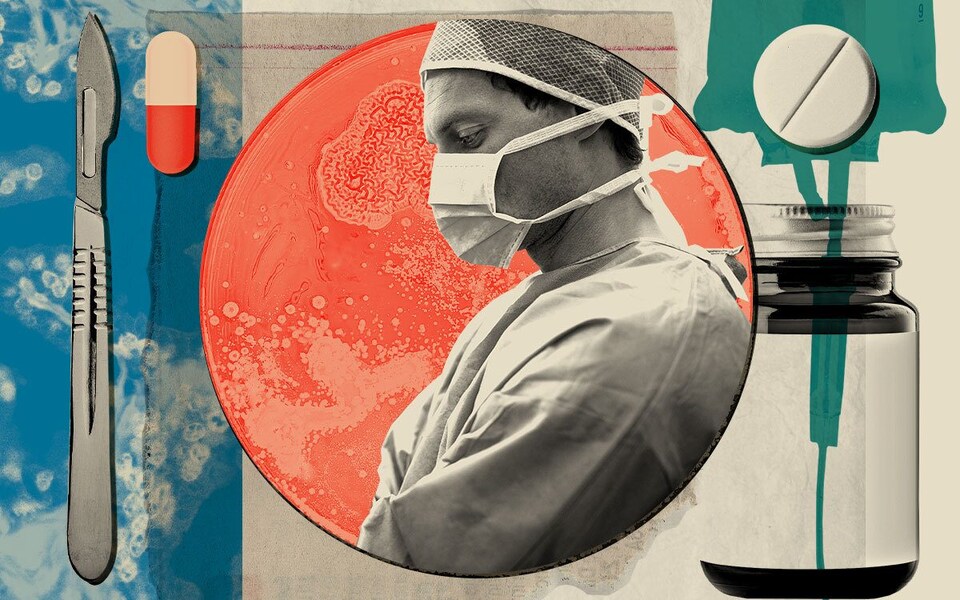Explore the prostate with us!
Prostate health is a vital yet often overlooked aspect of men’s well-being. In this blog, we answer frequently asked questions about the prostate, offering valuable insights on how to maintain its health and prevent potential issues.
- What is the prostate, and what is its role in the body?
The prostate is a small gland located below the bladder in men. Its primary function is to produce seminal fluid, a component of semen that nourishes and transports sperm during ejaculation.
- Why is prostate health important?
Maintaining prostate health is crucial for overall well-being. The prostate can be susceptible to various conditions, including prostatitis, benign prostatic hyperplasia (BPH), and prostate cancer. Monitoring and addressing these issues early can prevent complications.
- What are the common symptoms of prostate issues?
Symptoms may include frequent urination, difficulty starting or stopping urination, a weak urine stream, and pain or discomfort in the pelvic area. However, symptoms can vary, and it’s essential to consult a healthcare professional for an accurate diagnosis.

- How can I promote a healthy prostate?
Adopting a healthy lifestyle plays a vital role. This includes maintaining a balanced diet rich in fruits, vegetables, and lean proteins, staying physically active, and avoiding excessive alcohol consumption.
- What is the recommended age for prostate screenings?
While guidelines may vary, men are generally advised to discuss prostate cancer screenings with their healthcare provider at the age of 50. However, those with a family history or other risk factors may need to start screenings earlier.
Can diet influence prostate health?
A healthy prostate thrives on a nutritious diet, rich in antioxidants from tomatoes, broccoli, and green tea, along with the goodness of omega-3 fatty acids found in fish and flaxseed.

- Can I live without a prostate?
Yes, living without a prostate is possible, often done to cure cancer, and improve survival. Side effects may include erectile dysfunction and urinary incontinence, which are treatable.
- Is prostate cancer preventable?
No guarantees, but a healthy lifestyle and regular screenings reduce prostate cancer risk. Early detection is key for effective management, especially as age increases the risk.
- Can sexual activity impact prostate health?
There is ongoing research on the relationship between sexual activity and prostate health. Some studies suggest that regular ejaculation may be associated with a lower risk of prostate cancer, but more research is needed to establish a clear connection.
- How often should I see a healthcare professional for prostate check-ups?
Check-up frequency varies by individual health. Generally, an annual discussion on prostate health is advised, while those with concerns or risk factors may need more frequent monitoring.
Author

